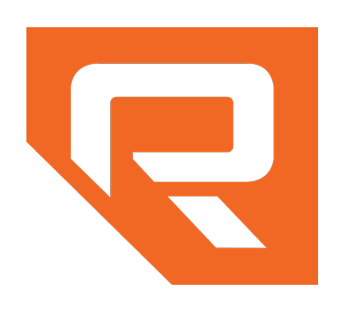THE WORST DAY OF THE WEEK TO SCHEDULE YOUR EXAMINER INTERVIEW
By: Jonathan A. Platt, Partner
Baseball Hall-of-Famer Warren Spahn famously said, “Hitting was timing, and pitching was upsetting timing.” Indeed, timing is important in so many endeavors; Friday is typically considered the riskiest day to schedule surgery, and the end of the month is usually the best time to get a good deal from a car dealer. The same can be also said when it comes to patent examination, with timing considerations being driven by how the performance of examiners is evaluated.
Patent examination is piecework, with examiners getting credit for certain activities that are part of the patent prosecution process. All patent examiners are given a goal of a certain amount of work to be completed, based on experience and technical field, with their activities earning different amounts of credit towards meeting that goal.
The shortest timespan over which an examiner's performance is measured is the bi-weekly cycle. This cycle ends every other Saturday, aligned with the biweekly federal pay period. But, credit is still given for certain actions submitted on the following Monday, known to examiners as "Count Monday." All actions submitted by the Monday deadline are included in the examiner's activity report, making Mondays the worst days to schedule an interview with an examiner. Why? Because their attention during that time is focused on clerical work, making sure the appropriate records are in order, and completing any last minute work to meet their biweekly production goals.
That said, it is still measured on a biweekly cycle, so not every Monday is a bad time to arrange a meeting with examiner. How to tell whether a given Monday is the Count Monday at the end of a cycle? Just consult the GSA calendar. The Saturdays at the end of the pay periods mark the end of the examiners' biweekly production periods, with the following Monday being a Count Monday.
With the examiner's calendar in mind, a savvy applicant or attorney can work with the examiner in a way that advantages both sides, as opposed to disrupting the examiner's timing to everyone's disadvantage.
We’re always here to help. Contact us for a complimentary consultation to get started advancing your innovation.

